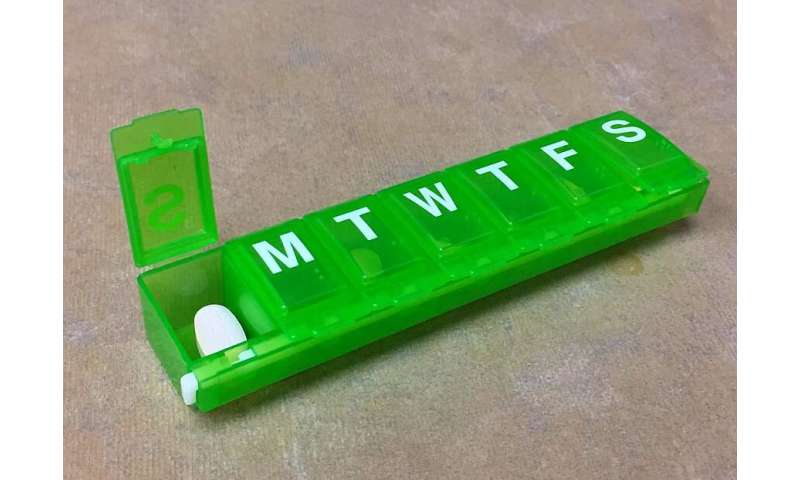Twenty-five percent of all hospitals and annual nursing home admissions by people aged 65 and over are attributed to a failure to take prescription drugs as directed.
Failure to take prescribed medication is the main factor behind the hospital readmissions. With almost half of the elderly population taking over two everyday medications, it is important to manage your drug plan.

Image Source: Google
Here are some medication management tips:
1. Learn about your medications: Make sure you discuss your new drugs and medication history with your doctor. Take time to read the label on the bottle of medicine. If you experience any side effects or reactions with your medications, do not hesitate to contact your doctor or pharmacist.
2. Make a list: Keep a written record of your medications that you can use as a reference. The list should include all prescription and nonprescription you take, and the time to take and instructions on how to take it.
3. Rely on one pharmacy for your medical needs: Going to the same pharmacy to fill your prescriptions is a good way to create your medication management resource.
4. Safe storage: Keep your medications in one place, if possible, and out of reach of dogs and children. Some medications must be stored in dry, while others require refrigeration. Check with your pharmacist about it.
5. Organize: Use a pill daily organizer. These boxes have a compartment for each day of the week. Some even have additional sections for different times of the day.